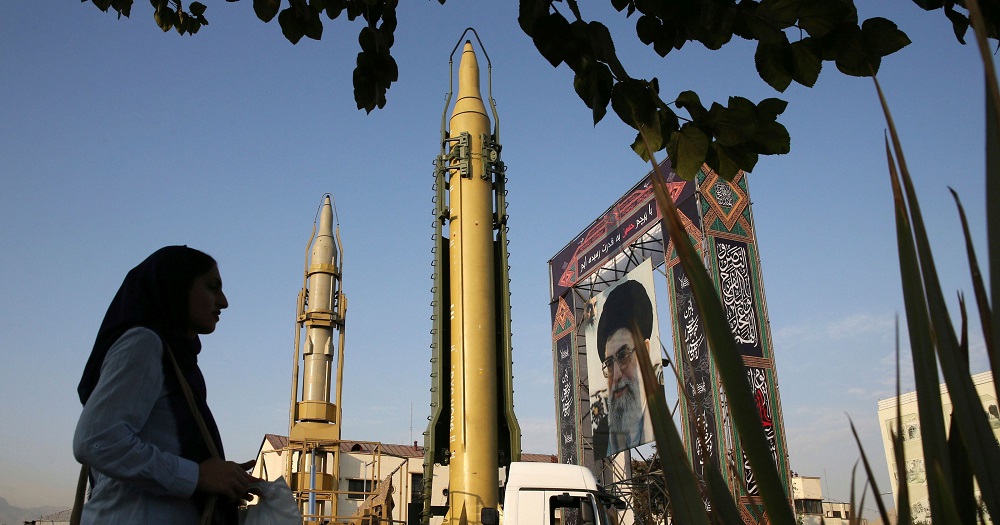On Monday, Iran inaugurated a new facility at the Natanz nuclear plant that will be used to build advanced centrifuges. The announcement came after officials in Tehran threatened to withdraw from the Joint Comprehensive Plan of Action, signed in 2015 between Iran and the five permanent members of the UN Security Council plus Germany, by November 4 – the date on which U.S. sanctions on Iran’s oil industry will come into force.
“Iran can suspend the implementation of some of the commitments in the JCPOA, including the volume and level of uranium enrichment, and even withdraw from the deal if its economic interests are not fully met,” Vice President Ali Akbar Salehi, who heads the Iranian Atomic Energy Organization, said Monday, according to reports by Interfax. At the same time, Salehi expressed hope that such a scenario will never be implemented.
Salehi said that Iranian specialists have completely restored the Tehran Research Reactor, and have reached an agreement with a European country, which he did not name, to help modernize and enlarge it.
The Joint Comprehensive Plan of Action was signed in July 2015 and implemented in January of the following year. Iran committed to curb its nuclear program in exchange for the removal of nuclear-related sanctions. As a result, Iran had shut down many of its centrifuges used to develop uranium but retained the right to enrich it to 3.67 percent and sell it abroad.
After U.S. President Donald Trump’s announcement on May 8 of this year that the U.S. will be pulling out of the JCPOA, the White House moved swiftly to impose sanctions back on Iran. Some went into effect in August, but the most hard-hitting will come online by early November. In early July, the U.S. Special Representative for Iran, Brian Hook, announced that Washington intends to reduce to zero Iranian oil revenues through the American sanctions.
The remaining parties to the JCPOA – Russia, China, Britain, France and Germany – responded to Washington’s maneuvers with what it termed the “Blocking Regulation”, which invalidates the U.S. sanctions against Iran on the territory of the EU and prohibits European companies from fulfilling them. Iran is looking for the EU to create additional mechanisms that will allow oil exports to continue.
Earlier this month Iran’s Deputy Minister of Foreign Affairs, Abbas Araghchi, said that the EU must take the necessary measures to maintain a nuclear deal with Iran until November 4.
“We have told Europe that if the nuclear deal does not meet the basic interests of our country, including oil export issues and the functioning of the banking sector, we will withdraw from the JCPOA,” Russia’s TASS news agency quoted Araghchi as saying.







 Russian peacekeeping forces, deployed in the Karabakh (Garabagh) region of Azerbaijan since 2020, have commenced their withdrawal from the area.
Russian peacekeeping forces, deployed in the Karabakh (Garabagh) region of Azerbaijan since 2020, have commenced their withdrawal from the area.
 The number of evacuees from flooded areas in Kazakhstan has reached 97,852 people, including about 32,856 children since March 27.
The number of evacuees from flooded areas in Kazakhstan has reached 97,852 people, including about 32,856 children since March 27.
 The Islamic holy month of fasting, Ramadan comes to an end this week with the celebration of a joyous festival called Eid (meaning “festival” in Ar...
The Islamic holy month of fasting, Ramadan comes to an end this week with the celebration of a joyous festival called Eid (meaning “festival” in Ar...
 Azerbaijan officially unveiled the logo for the upcoming 29th session of the Conference of the Parties to the United Nations Framework Convention o...
Azerbaijan officially unveiled the logo for the upcoming 29th session of the Conference of the Parties to the United Nations Framework Convention o...



